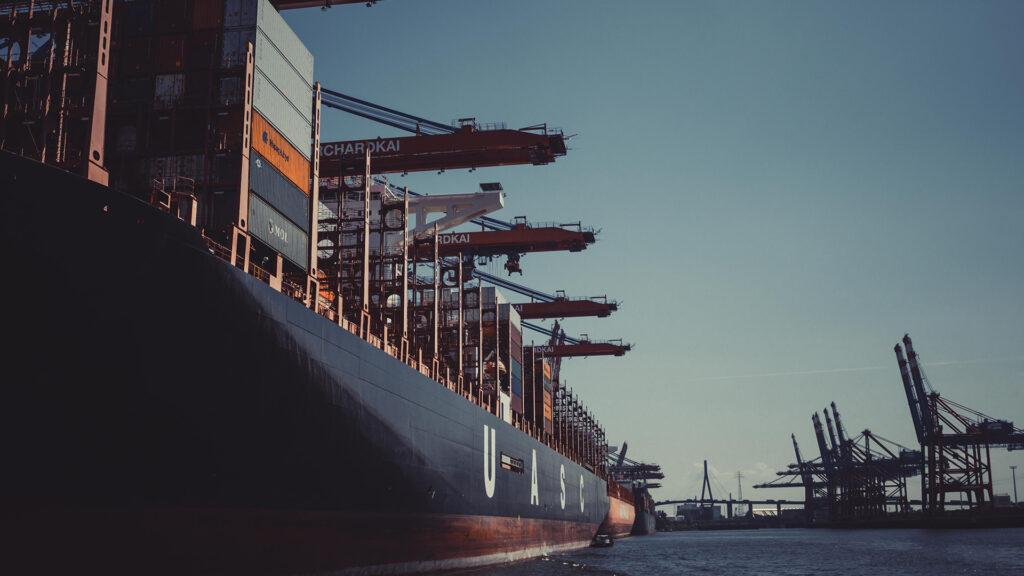In the realm of international shipping, understanding Incoterms, particularly CFR Incoterms (Cost and Freight), is crucial. These Incoterms, exclusive to ocean freight shipping as one of 4 sea Incoterms, define the seller’s and buyer’s responsibilities in transporting goods. Under CFR, the seller is tasked with clearing goods for export, delivering them to the departure port, and paying for transport to the destination port. Crucially, risk transfers from the seller to the buyer once the goods are onboard.
Advantages of CFR Incoterms
CFR Incoterms offer several advantages, primarily in terms of cost efficiency and clearly defined roles. These benefits are particularly evident in international maritime trade, where transparency in cost and responsibility allocation is paramount.
Simplified Responsibility Allocation
CFR Incoterms bring clarity and reduced costs. They provide clear guidelines on cost and responsibility allocation, simplifying international maritime trade processes.
Cost Benefits for Buyers
For buyers, a significant benefit is not bearing the freight costs. This simplicity and ease of understanding make CFR a preferred choice in specific scenarios.
Challenges and Risks Associated with CFR
While CFR Incoterms streamline certain aspects of maritime shipping, they also present unique challenges and risks. Understanding these pitfalls, particularly in terms of financial and logistical responsibilities, is crucial for parties involved in international trade.
Seller’s Financial and Logistical Responsibilities
Both parties face risks: the seller is responsible for all costs and formalities until the goods reach the destination port.
Buyer’s Risk During Transit
The buyer assumes the risk for any damage or loss during transit. Additionally, CFR Incoterms are limited to maritime logistics, excluding air or land transport.
Additional Costs for Buyers at Destination
Unloading costs and risks at the destination port also fall to the buyer, potentially adding to their expenses.
Practical Implications of CFR Incoterms in Ocean and Inland Waterway Transportation
CFR Incoterms are ideal for sea or inland waterway transport, particularly where the seller has direct vessel loading access. They are less suited for containerised goods, where terms like ‘Carriage Paid To (CPT)’ might be more appropriate. Contracts under CFR must explicitly mention the destination port, as this is where risk transfer occurs.
Role of CFR Incoterms in Modern Maritime Logistics
CFR Incoterms play a crucial role in shaping the framework of modern maritime logistics, offering a structured and predictable approach to managing the transportation of goods across oceans and inland waterways.
Enhancing Supply Chain Efficiency
CFR Incoterms play a pivotal role in streamlining the supply chain processes, offering a structured approach for handling goods transportation.
Adapting to Global Trade Dynamics
These Incoterms adapt to the evolving demands of global trade, ensuring a balance between cost-effectiveness and risk management.
Digitalisation and CFR Incoterms
The integration of digital technologies with CFR Incoterms is revolutionising the way international maritime trade operates, bringing about enhanced efficiency, transparency, and streamlined processes in the logistics sector.
Impact of Digitalisation on CFR Processes
The advent of digitalisation in logistics has transformed how CFR Incoterms are managed, making tracking and documentation more efficient.
Future Trends in CFR and Technology Integration
Emerging technologies are expected to further integrate with CFR processes, enhancing transparency and reducing potential disputes.
Conclusion
Grasping CFR Incoterms is essential for those in international maritime shipping. While they offer clarity and cost-saving advantages, being mindful of the associated risks and limitations is vital. A thorough understanding enables companies to make informed decisions that align with their shipping and financial strategies.
How We Can Help
Navigating CFR Incoterms can be complex, but our expertise in international shipping and Incoterms can streamline this process. The John Pipe International team offers support and guidance, ensuring your shipping strategies are optimised and regulatory compliant. Contact us today to enhance your international maritime shipping strategies.

